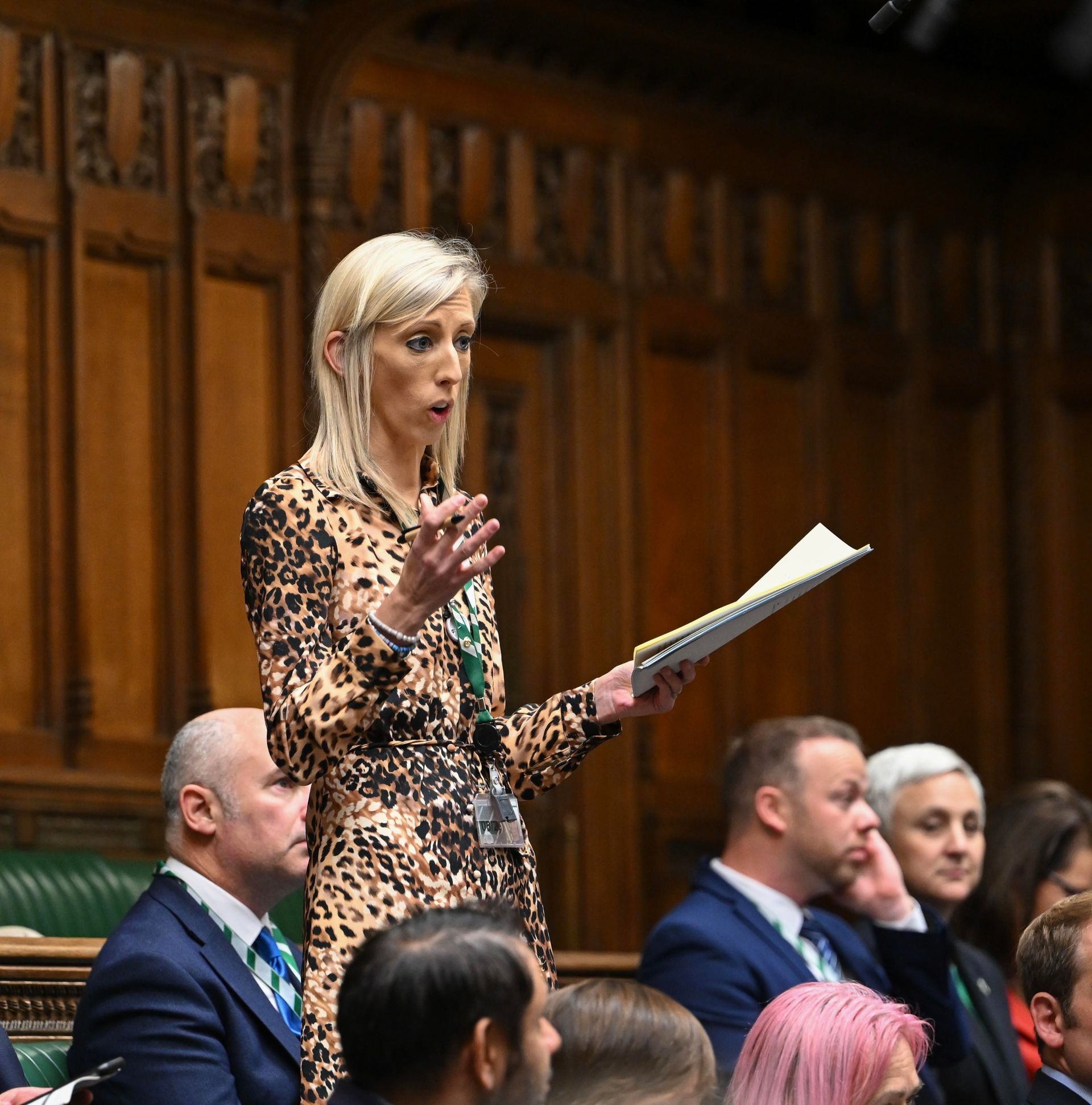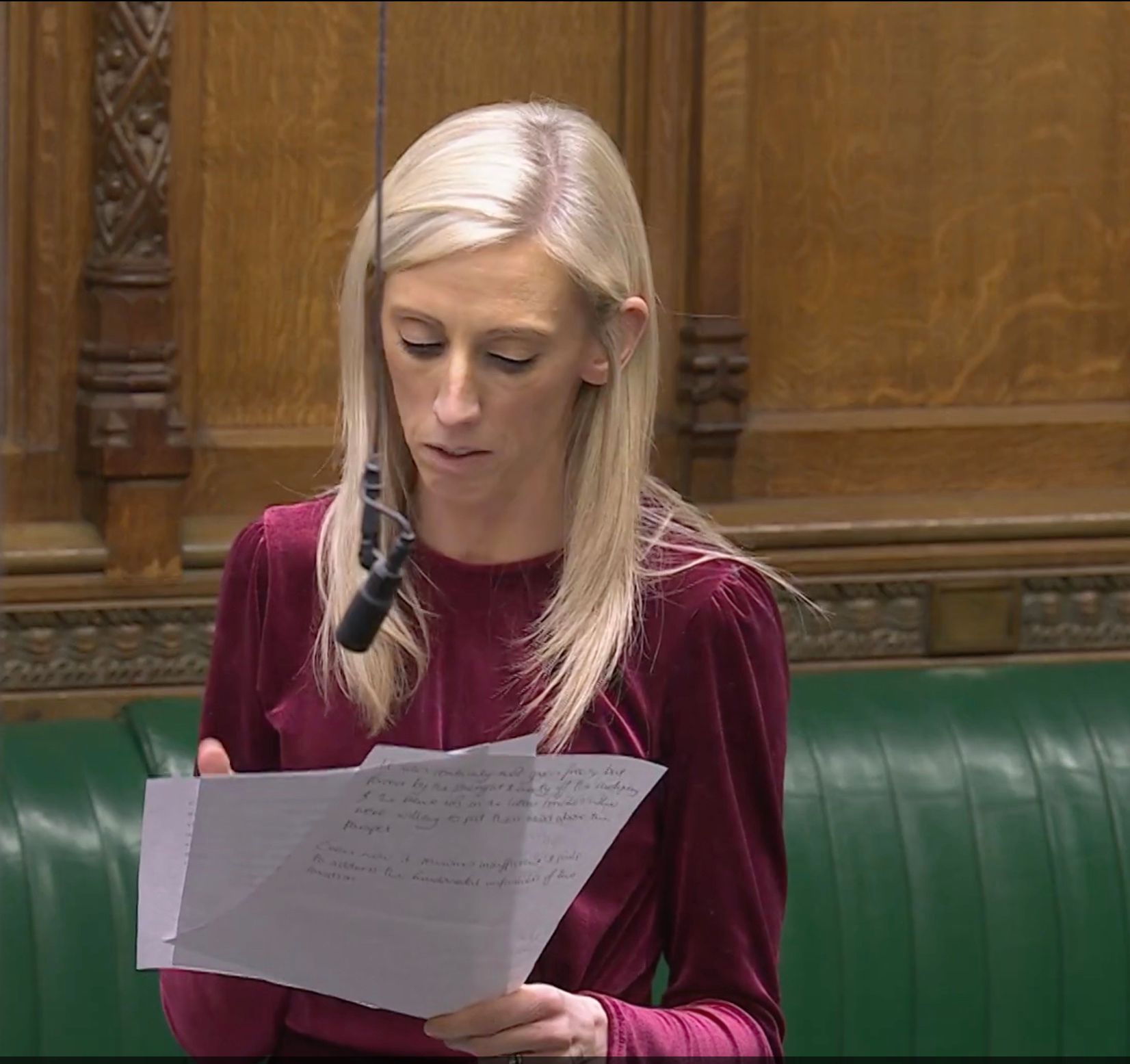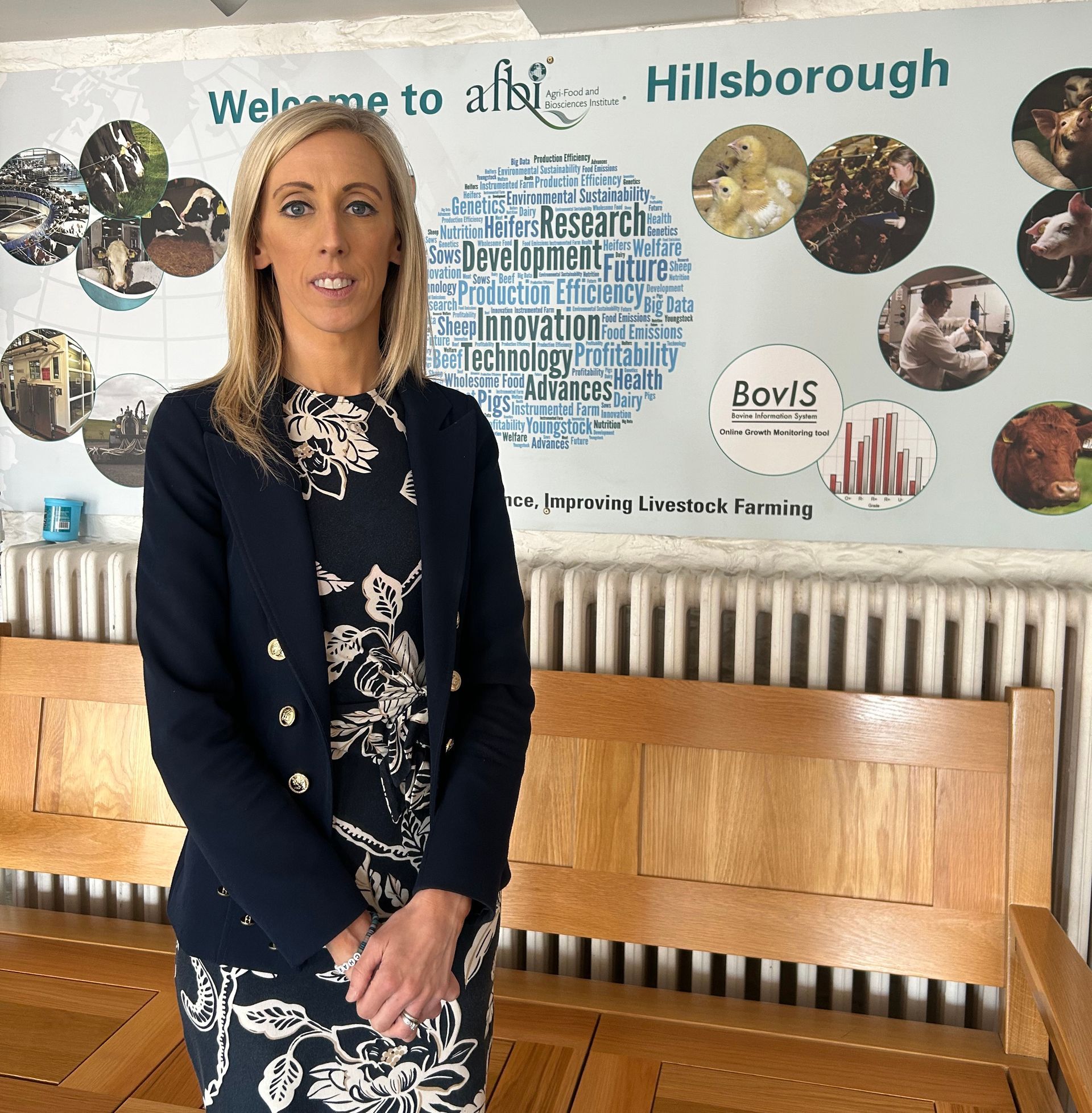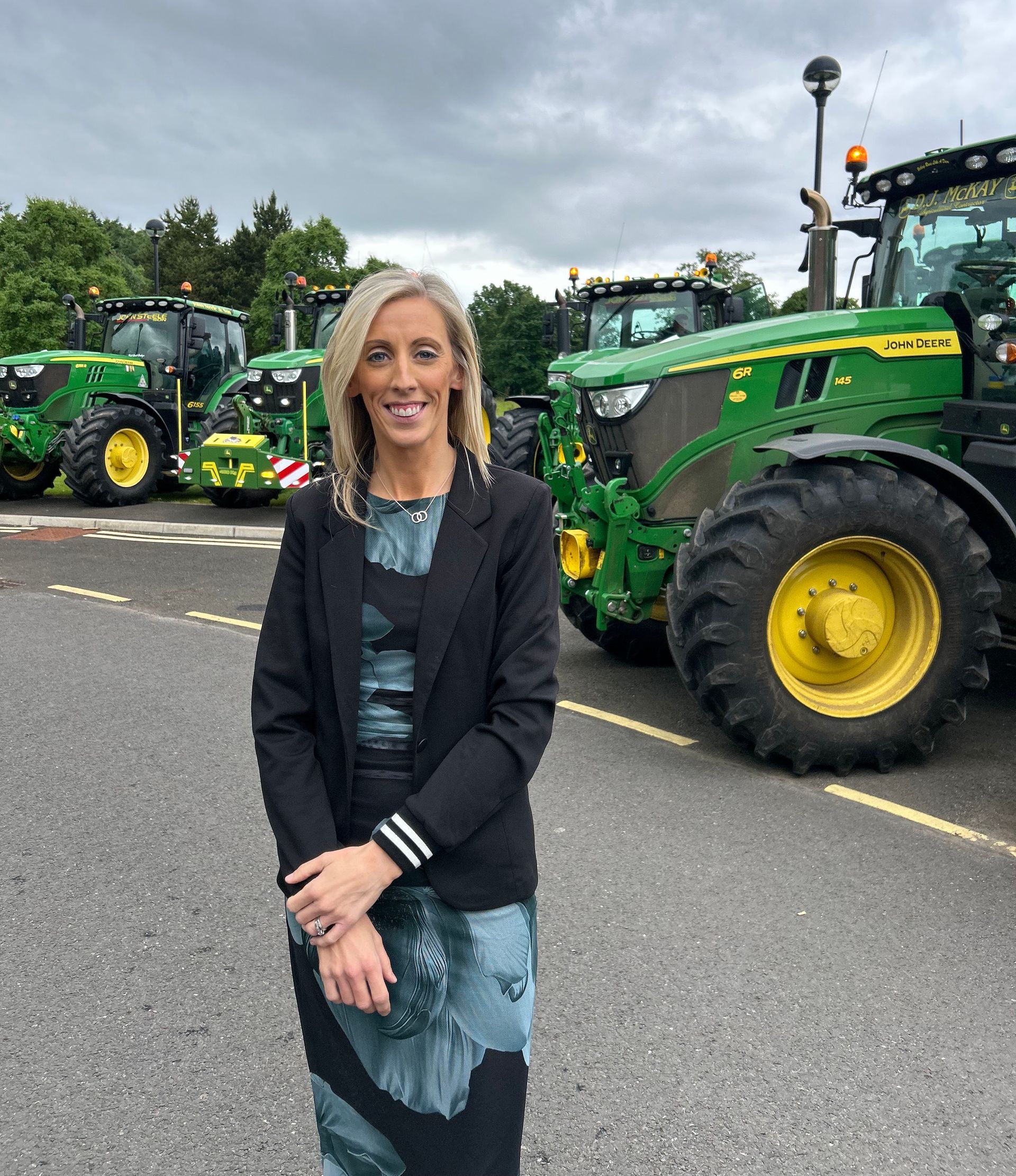NI sheep sector ‘orphaned’ by lack of DAERA funding
Upper Bann MP Carla Lockhart is re-echoing calls for DAERA and the devolved Stormont Assembly to implement a bespoke funding support package for Northern Ireland sheep farmers.

“Last September I backed an industry-wide campaign aimed at securing financial support for flock owners. The sheep sector is worth over £109m to our economy, but DAERA’s new-look sustainable agriculture programme remains biased and has failed to deliver for the 38% of farmers in Northern Ireland, who according to 2024 census figures, are responsible for 1,969,023 sheep – a 4% decrease in twelve months.
“Sheep farmers are already struggling to survive on low margins, especially those whose enterprises are located on hill and severely disadvantaged farmland. The future looks bleak for the sheep sector with flock owners set to lose up to 17% of their basic payments this year.”
Ms Lockhart, the DUP’s Agriculture, Environment and Rural Affairs spokesperson in Westminster, met recently with National Sheep Association chairman Edward Adamson MBE, and regional co-ordinator Ellen Moorehead.
“Many sheep farmers have limited options when it comes to improving profitability or diversifying. There must be a level playing field for all sectors of our highly prized and valued livestock industry. In the words of Edward Adamson, “the sheep sector has been left orphaned” by DAERA’s failure to address the situation, which it blames on a lack of staff and resources.
“I have written to the Agriculture Minister seeking an urgent meeting to discuss the issue. He has totally disregarded NI Sheep Industry Taskforce recommendations emphasising the necessity for a designated sheep scheme.
“The sheep sector plays a significant role in the economy, while its farmers contribute to the environment and rural communities. The Taskforce’s framework document outlines even more potential for a thriving industry, but it needs the right policy and a specially-tailored support package.
The MP continued: “Minister Muir’s new schemes and funding measures focus heavily on climate change and environmental sustainability. Obviously sheep farmers are not eligible for the Beef Carbon Reduction Scheme, or the Suckler Cow Scheme, but a number of other initiatives such as the Farming for Generations and Farming with Nature packages, could have easily been designed to make provision for sheep farmers.
“Afterall, sheep are already nature-friendly. They are light weight animals and can graze less favoured terrain such as the Sperrin or Mourne Mountains and the Glens of Antrim. Sheep are also relatively low-cost, resulting in minimal investment for future farmers interested in establishing a new enterprise. This is typical of DAERA, they have pressed ahead without industry consultation, and have fell short of delivering a scheme capable of benefiting a maximum number of participants.
“During my meeting with the National Sheep Association officials I was also alarmed to learn that the Sustainable Ruminant Genetics programme, initially thought to include sheep, has had its name changed to the Sustainable Bovine Genetics scheme, again without prior industry consultation.”
Ms Lockhart added: ”DAERA cannot just side-line our sheep industry. The sustainable agriculture programme is aimed at enhancing productivity and developing an effective and functioning supply chain, to safeguard food security and promote high standards of disease control and animal health.
“Farmers across all sectors of the agriculture industry have faced numerous challenges in recent months, including inclement weather, disease, labour shortages, fluctuating farmgate prices and escalating overhead costs. It’s difficult for farmers to keep their businesses afloat, particularly those in less favoured areas who are farming land not suitable for crops or large animal production.”
During Ms Lockhart’s NSA meeting a number of animal health issues were also discussed.
“With lambing already underway on some holdings, farmers are apprehensive about a number of diseases which can result in severe physical and financial losses. Diseases such as Ovine Pulmonary Adenocarcinoma (OPA), Johnes, Maedi Visna, Caseous Lymphadenitis (CLA), Schmallenberg, Bluetongue and Sheep Scab can potentially decimate flocks.
“There is a willingness within the sheep sector to encourage vaccination and membership of a CHeCS approved health scheme. I understand this was all clearly outlined in the Sheep Taskforce’s vision for the future. Sheep must be healthy to be efficient, which will result in a reduced carbon footprint.
Concluding, the MP said: “It is obvious that DAERA must do more to bolster the province’s sheep sector. Northern Ireland sheep farmers are already struggling to compete financially with their GB and ROI counterparts. In ROI subsidy payments equate to around 25 Euro per head.
“I will continue to work alongside my DUP colleagues and industry representatives to press for urgent support for the sheep industry. Farmers need an income to survive, but they also need to invest in infrastructure and technology to improve efficiency and productivity.
Share
